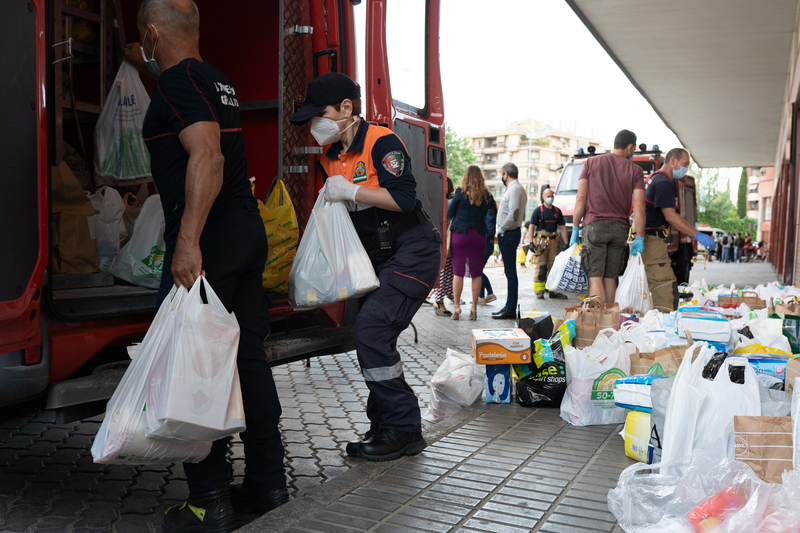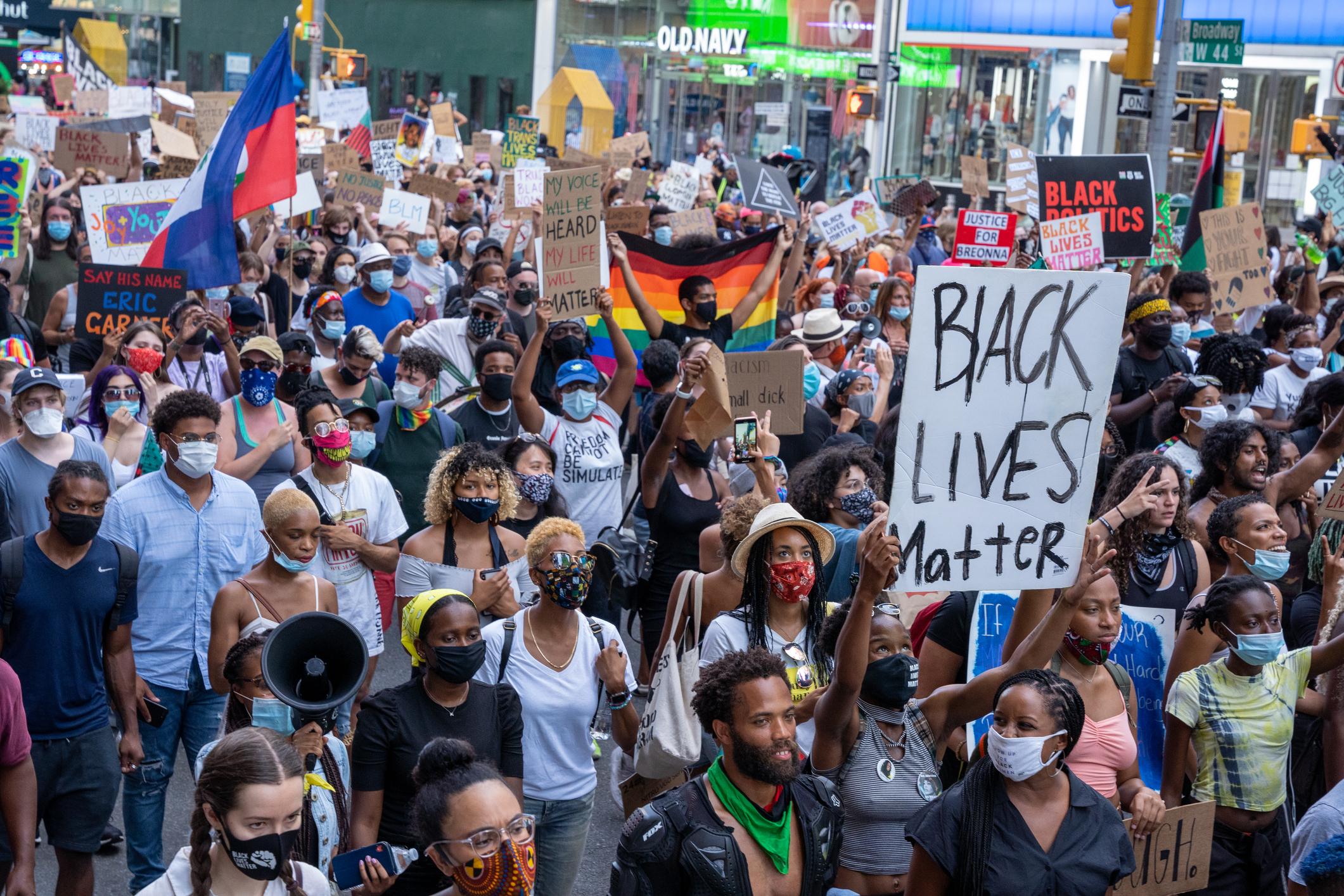Many countries’ leaders have become more authoritarian which closes down space for the public as well as for civil society organisations to legitimately make claims.Societies across the globe have been facing increasing inequalities for many years, as growth has tended to polarise the gaps between rich and poor. At the same time, many countries’ leaders have become more authoritarian which closes down space for the public as well as for civil society organisations to legitimately make claims. Over the summer of 2020, following the killing of George Floyd by the police in the U.S. city of Minneapolis, protests around the Black Lives Matter movement stepped up massively. It is dangerous to reduce any complex political process to simplistic causes, but these protests crystallised frustration at centuries of racial and class inequalities, which the Trump administration had stoked up in an effort to woo sections of the white electorate. And in many other so-called democracies we see political spaces being closed down by populist leaders who appeal to more extreme views in order to consolidate their power.
The COVID-19 pandemic has played into and exacerbated many of these economic, political and social tensions. For example, in my hometown of Leicester in central England a protracted spike in COVID-19 cases in July 2020 brought to light the terrible conditions that garment workers, many of whom are South Asian migrants, are forced to endure. As lockdown hit, the online retailers were seeing growing demand and so pressed their clothing suppliers – in Leicester and elsewhere to keep going. Local factories recruited more staff but put them into already congested factories. Shifts were intensified and workers were pressurised into working even though many were suffering from the coronavirus. Many of these workers live in poor housing, with multiple occupancy and multi-generational households so that once the virus hit, it affected the whole family. Allegations have been made that the council has long known about the dubious work practices of these garment businesses but has either ignored it or not had the capacity to inspect and regulate, following swingeing cuts caused by the 2008 financial crisis and much longer attacks on local government funding. As such the pandemic plays into poverty, ethnicity, local politics, and labour standards with those affected most least able to exercise their rights or voice.

The pandemic and other social protests have brought to light two combined needs. First, dealing with the current crisis and its aftermath, which is likely to be deep and long. And second, building future resilience so that when such calamities strike individuals, organisations, and societies are better able to cope and to bounce back. Non-governmental organisations (NGOs) have a central role to play in both these areas, and education and capacity building are central to that.
One core facet is education and knowledge exchange. It is here that open and distance learning has a powerful role to play.Various international and inter-governmental bodies have reported the need to build the capacity of NGOs and CSOs (Civil Society Organisations), particularly at more local levels. For instance, the Inter-Agency Standing Committee, which is a UN-created body that coordinates humanitarian interventions, noted that capacity-strengthening at the local level has increased but that more needs to be done to make system-wide changes. This question of scaling-up is crucial. While ‘capacity’ is a slippery thing to nail down, one core facet is education and knowledge exchange. It is here that open and distance learning has a powerful role to play.
The UN’s high-level forum on monitoring the implementation of the Sustainable Development Goals recently spoke of e-learning as a powerful tool for widening access to education of all sorts, in terms of both cost and availability. One important way is through open and distance learning. Recently, the UN Secretary-General’s High-level Panel on Digital Cooperation was set up to share the best of the world’s digital ‘public goods’ to help achieve the SDGs. These could be around COVID-19 resilience, functional literacy, job-related skills or any other number of important ‘capacities’ for helping people improve their lives.
At The Open University we are part of this growing movement. We have partnered with some of the leading international development organisations to co-produce short courses aimed at making a difference. Make Change Happen was developed with Oxfam, and we also partnered with the Humanitarian Leadership Academy to help organisations become more aware of their safeguarding responsibilities. We’re doing lots more in this area and seek to use both our distance learning expertise and ability to work at scale to help people and organisations make the kinds of change that will reduce the terrible inequalities that have been running unchecked for too long.

Rate and Review
Rate this article
Review this article
Log into OpenLearn to leave reviews and join in the conversation.
Article reviews